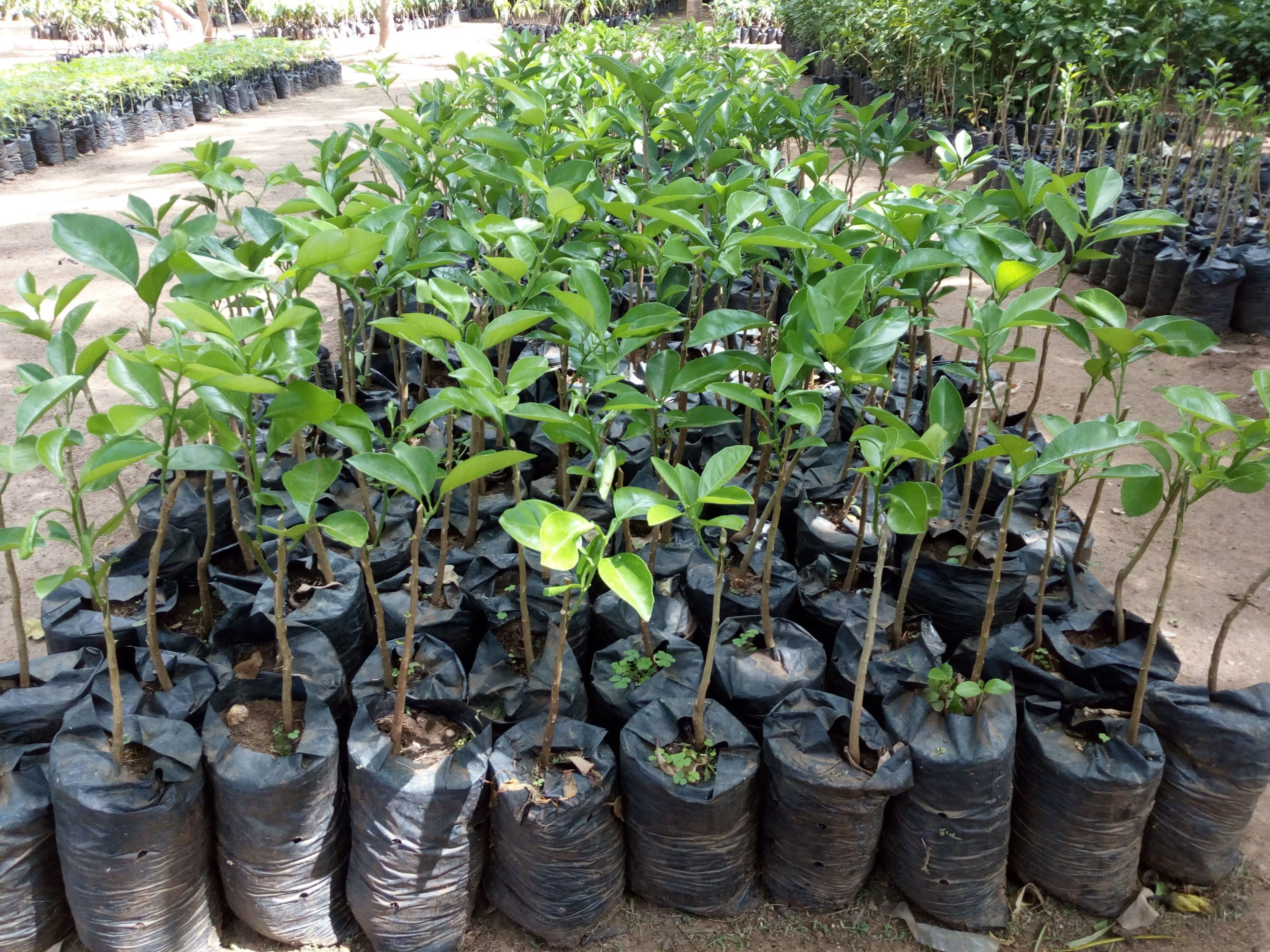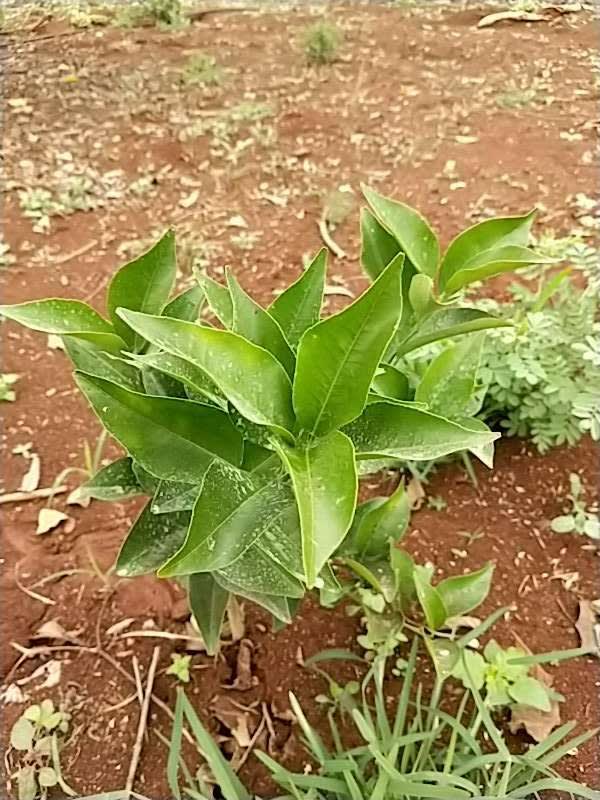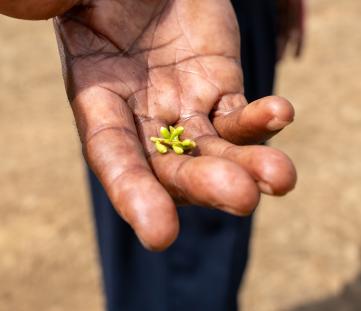ID: 4VW-GZR
ID: 4VW-GZR
NeiUt
Citrus sinensis
Photo
Kenya
17:58 - 21°C
My connections
My ID card
Who am I?
Date of birth
11/02/2020
Also known as
NeiUt
Name
Orange
Tree
Orange
Where am I located?
Country
Kenya
Place of birth
Thika Township ward
Coordinates
1° 2′ 58.47″ S
37° 3′ 2.54″ E
/37.05070685,-1.04957425,0/500x333@2x?access_token=pk.eyJ1IjoidG9tbWFzb3NwZXJvbmkiLCJhIjoiY2tnOTE3eW12MDJqazMybXNzOWV1YjloOSJ9.wtGsuDU7XIKjcv2cq8CiXw&logo=false&attribution=false)
My Timeline
The important moments in your tree's life.
Seed
It all starts with a tiny seed, nice and warm in the soil.
Nursery
Your seedling is big enough to be welcomed into one of our nurseries, along with many others.
Planted
We’re here! Your tree has reached its new home: it’s been planted by a smallholder, who’ll take care of it for years to come.
Photo
Strike a pose! Now that it’s big enough, here’s a photo of your tree!
My Gallery
Nursery

Planted
/37.05070685,-1.04957425,0/500x333@2x?access_token=pk.eyJ1IjoidG9tbWFzb3NwZXJvbmkiLCJhIjoiY2tnOTE3eW12MDJqazMybXNzOWV1YjloOSJ9.wtGsuDU7XIKjcv2cq8CiXw&logo=false&attribution=false)
37° 3′ 2.54″ E
Photo

Curiosity about me
The important moments in your tree's life.
Let's start with introductions
A native of southern China, the Orange tree is an evergreen that produces small white and green flowers in addition to the well-known, succulent fruit. Oranges are planted for dietary purposes and to aid the local economy through fruit commerce.
Meaning
Optimism
The characteristic orange color symbolizes trust, optimism, and a positive mood.

How much CO2 I’ll absorb
My estimated CO2 absorption capacity is based on the first 10 years of my life*
Current absorption
- 80 kg
2020
0 kg
2030
-200 kg
* The tree will continue to absorb CO2 even after the tenth year. Therefore this is a prudent estimate.
How I am useful to local communities

Consumption and sales
Its fruits, seeds and/or leaves are used as food in the farmers' families or are sold on local markets.

Medicine
Its leaves, roots, bark and/or fruits are used in traditional medicine.

Cosmetics
Raw materials are extracted from its flowers, fruits and/or leaves to produce creams or powders.
My benefits
100%
Food Security
The trees will bear fruits, some that will be edible immediately and others that can become edible through processing, ensuring food resources over time.
60%
Economic development
The trees' fruits and the products derived from their transformation can be traded in local networks, offering income opportunities.
40%
CO₂ Absorption
During its life cycle, each tree will absorb CO₂. The trees you plant can offset your emissions.
30%
Environmental protection
The trees are planted in agroforestry systems that favor the virtuous interaction between the different species and their positive impact on the environment and on the land.